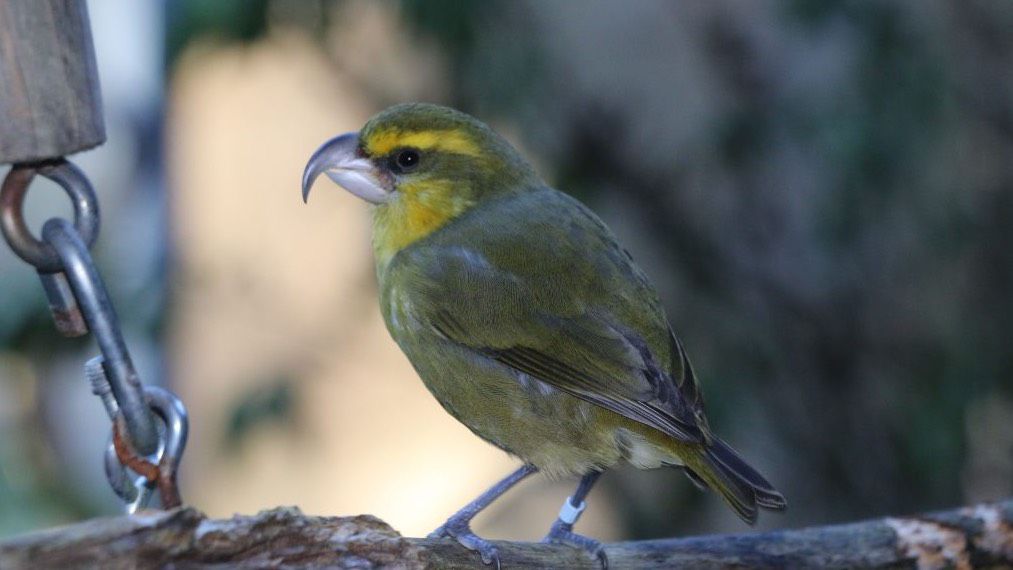Hawaii will receive more than $14 million from last year’s Bipartisan Infrastructure Package to protect endangered Hawaiian forest birds and combat invasive species, U.S. Rep. Ed Case announced Monday.
In a release issued on Monday, Case highlighted the impact the funding will have in supporting native species in danger of extinction.
“The funding will assist the state in combating mosquitoes that especially threaten critically endangered Hawaiian forest birds which are found nowhere else in the world,” said Case, a member of the House Natural Resources Committee. “Invasive species pose an especially grave threat to Hawaii’s unique ecosystems, natural resources and agricultural communities. In large part due to invasive species, Hawai‘i has become the endangered species and extinction capital of the world. Hawai‘i currently has 502 species listed as endangered, more than any other state and almost half of the total endangered species nationwide.
Case cited the kiwikiu, an endemic Hawaiian honeycreeper, which is critically endangered and considered to have a high risk of extinction in the wild.
“Although we will never know the true number of species that have gone extinct in Hawai‘i, best estimates are that in the last 200 years alone, 28 bird, 72 snail, 74 insect and 97 plant species have gone extinct,” he said.
Case was an outspoken supporter of federal conservation aid provisions in BIP, which passed last November. Case said the law included a priority disbursement of $1.4 billion for ecosystem restoration and resilience that will be administered by the U.S. Department of the Interior to restore habitat restoration, control invasive species like mosquitoes and conserve at-risk listed species.
“This is just the latest of many disbursements to Hawaii from the BIP, the largest federal reinvestment ever in our backbone infrastructure across the country,” Case said. “The BIP will eventually deliver some $3 billion to our state for roads and bridges, water infrastructure, climate resilience projects, access to the internet and much more.”
Previous BIP disbursements to Hawaii include $49 million for airports; $339 million to repair and maintain the state’s bridges and culverts over the next five years; $3.6 million to lower energy costs from the Weatherization Assistance Program and more than $61 million for the state to buy new buses, address their repair backlogs, modernize their fleets and transition to new technologies to address the climate crisis.
Michael Tsai covers local and state politics for Spectrum News Hawaii.



